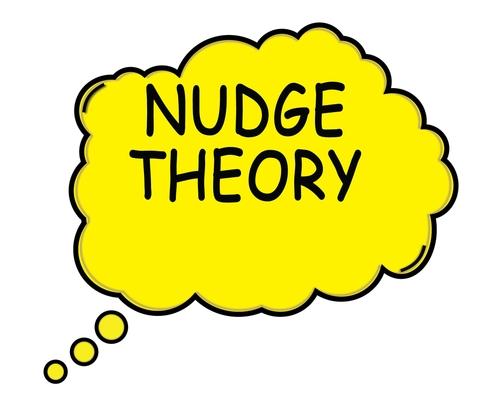Amos Tversky and Daniel Kahneman are two social scientists, psychologists, who are the subject of Michael Lewis’s latest book, The Undoing Project. Their collaboration was the nursery that has given us the field of behavioral economics, the Nudge Unit, and an understanding of how our thinking helps and hinders us. Their working relationship and interaction was a crucible of forces pulling them together and forcing them apart and it is the central focus of the book. The narrative's beauty is in showing the origins of those forces, how their similarities and differences balanced, how it led to brilliant symbiotic exploration and conflict. Basically, The Undoing Project is a story of an intellectual marriage.
A significant portion of the book is spent explaining their work, which showed us that our thought processes are built from mental shortcuts, heuristics, which allow us to handle the relationship to our world in a timely and usually successful way. And while these mental models facilitate our daily activity when we are exposed to novel situations they may lead us astray and do so in systematic ways – ways Tversky and Kahneman revealed. To the prepared mind, reading their work is an ‘Aha’ moment, when some of your behavior and thoughts make new sense. Their work can be transcendent, illuminating.
But the real story lies in the collaboration. “Tversky was a brilliant, self-confident warrior and extrovert, the center of rapt attention in any room. Kahneman, a fugitive from the Nazis in his childhood, was an introvert whose questing self-doubt was the seedbed of his ideas.” The story could have been told as “The Odd Couple,” Felix and Oscar in academia. But Lewis is a better writer than this and gives us the arc of that relationship; from a tentative first meeting to a joyous melding – as centripetal forces of deep engagement were ascendant, to a time when the centrifugal forces of time, distances and regret tore at the edges of their bond. It is a beautiful look at the give and take of an intellectual marriage that is as complex and at times as acrimonious as “Who’s Afraid of Virginia Wolfe?”
I was taken by this quote from Tversky: “The big choices we make are practically random. The small choices probably tell us more about who we are.” Lewis captures both the randomness and the small choices in his portrait. If you are unfamiliar with behavioral economics, Lewis provides a readily accessible introduction. I was already familiar with their work but unaware of the origin story. Knowing more about the partnership that was the foundation of their work exposes a more textured understanding of their insights. The Undoing Project is thoroughly enjoyable and a fast read by one of the great chroniclers of our time.




